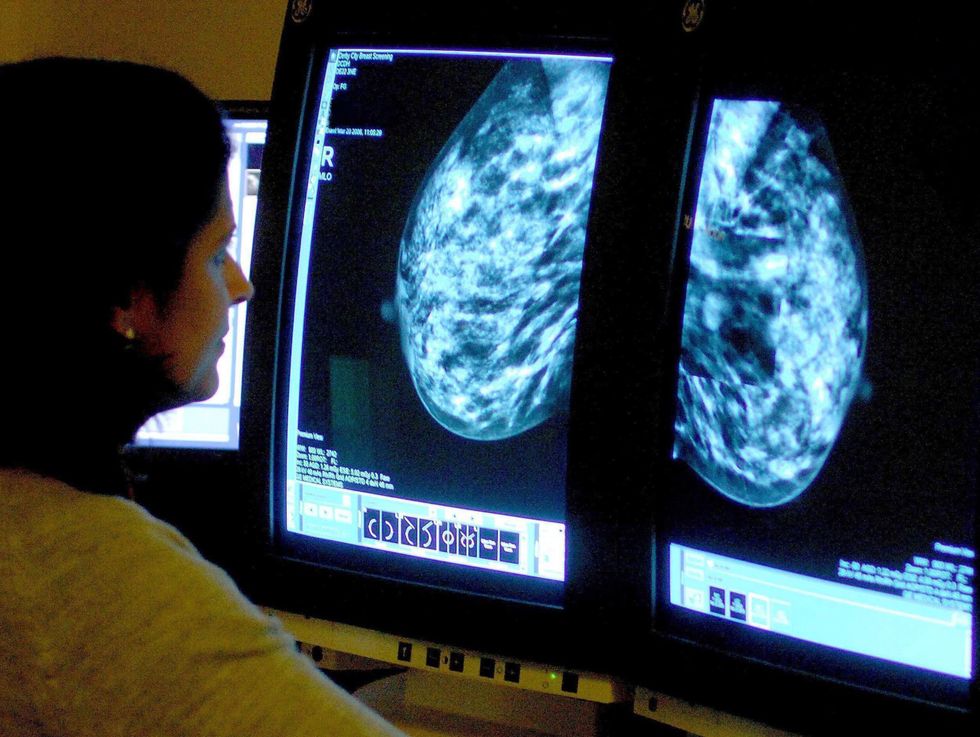Cancer breakthrough: POTATOES could be the key to new generation of drugs to beat deadly disease

Polish scientists have found that potatoes could potentially be used to treat cancer. | Steve Parsons

The team at Adam Mickiewicz University published a review looking into the bioactive compounds called glycoalkaloids.
Don't Miss
Most Read
Polish scientists have found that potatoes could potentially be used to treat cancer.
The team at Adam Mickiewicz University published a review looking into the bioactive compounds called glycoalkaloids.
Their results suggest that they do not pose a risk to creating tumours or damaging DNA.
Rui Vieira
Glycoalkaloids are found in vegetables like potatoes.
Magdalena Winkiel, one of the contributors to the review, spoke about the difficulties in searching for cancer treatment.
She said: “Scientists around the world are still searching for the drugs which will be lethal to cancer cells but at the same time safe for healthy cells,"
"It is not easy despite the advances in medicine and powerful development of modern treatment techniques. That is why it might be worth going back to medicinal plants that were used years ago with success in the treatment of various ailments. I believe that it is worth reexamining their properties and perhaps rediscovering their potential."
The team focused on five glycoalkaloids – solanine, chaconine, solasonine, solamargine and tomatine.
The family of glycoalkaloids contain many popular food plants but there are also poisonous ones too.
Using a specific dose can turn the toxic plants into a medicine that can effectively and safely be used and administered.
Glycoalkaloids are found in vegetables like potatoes.
Paul Faith
Initial studies have found that glycoalkaloids can stop cancer cell growth as well as potentially “promoting cancer cell death”.
It also suggests that they do not pose a risk to creating tumours or damaging DNA.
Winkiel continued: “Even if we cannot replace anticancer drugs that are used nowadays, maybe combined therapy will increase the effectiveness of this treatment,
“There are many questions, but without detailed knowledge of the properties of glycoalkaloids, we will not be able to find out.”
The next phase will be to test the process on animal studies to determine if it is a safe procedure to test on humans.












